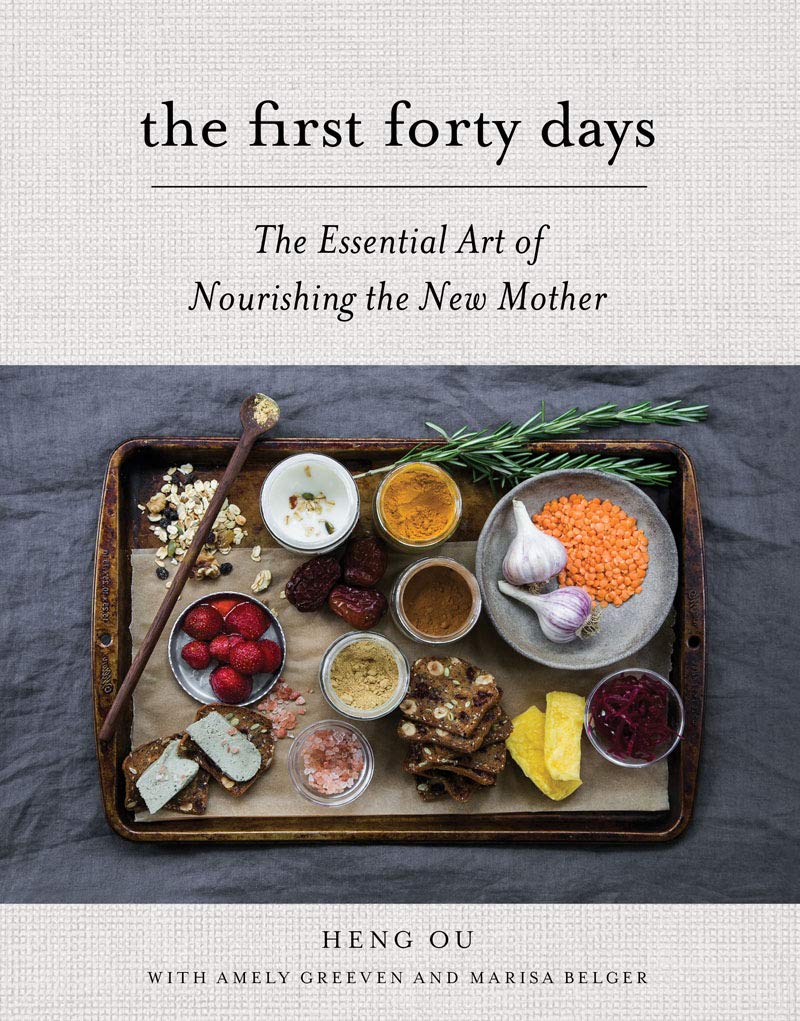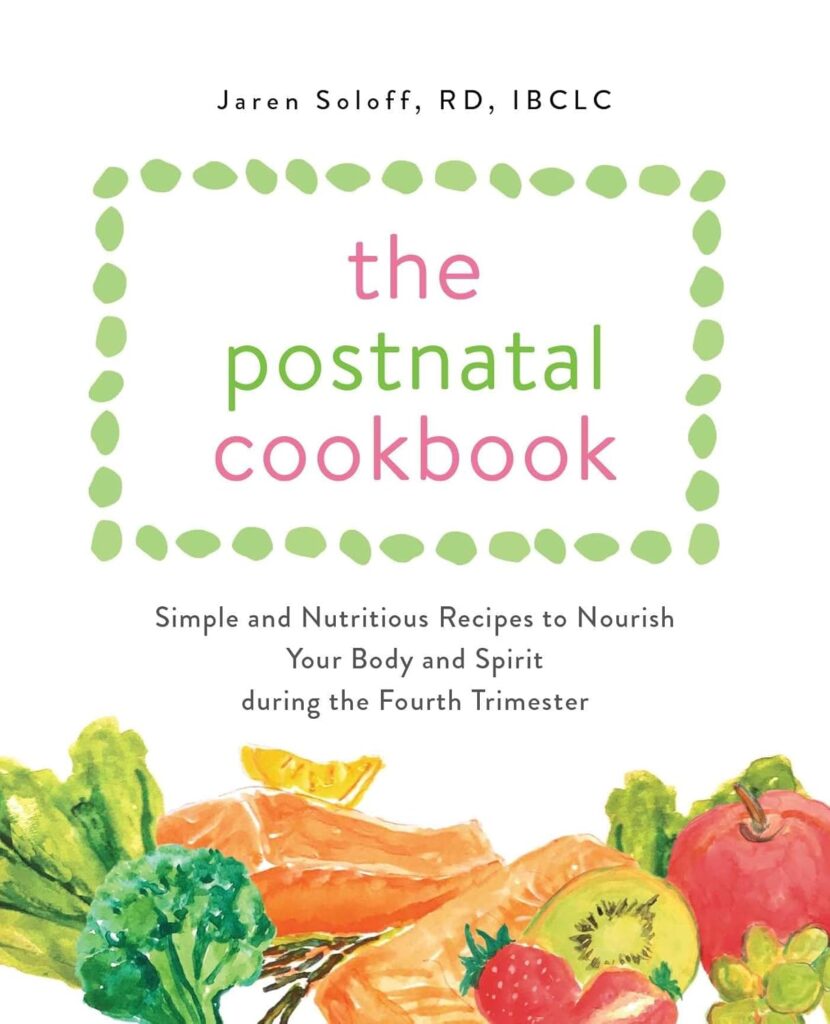Welcoming a new life into the world is a transformative experience for both the mother and baby. As the focus shifts from prenatal nutrition to postpartum recovery, the importance of a well-balanced and nutrient-rich diet cannot be overstated – particularly if you plan on breastfeeding your little one! The choice to breastfeed requires you to give additional attention to the points below, but they are important for everyone.
Here are some of the key aspects of optimal postpartum nutrition to pay attention to:
Replenishing Nutrient Stores
After childbirth, your body undergoes significant changes. Nutrient stores, depleted during pregnancy and delivery, need replenishing! Focus on foods rich in iron, calcium, and vitamin D to support recovery and overall well-being.
Hydration is Key
Adequate hydration is crucial during the postpartum period, especially if you are breastfeeding or pumping. You will probably feel really thirsty. Water helps in milk production, aids digestion, and assists the body in recovering from the stress of childbirth. Electrolytes, like what can be found in coconut water or sports drinks, can be beneficial to help maintain equilibrium as water intake increases.
Protein Repair and Recovery
Protein is essential for tissue repair and recovery. Incorporate lean sources of protein such as poultry, fish, beans, whole grains and legumes into your meals. This nutrient is particularly vital for healing tissues and supporting the recovery of your postpartum body.
Balancing Macronutrients
Strive for a balanced diet that includes a mix of carbohydrates, proteins, and fats! Complex carbohydrates provide sustained energy, while healthy fats support hormone production and brain function. This is not the time to be scared to eat a wide variety of foods.
Omega-3 Fatty Acids
Include sources of omega-3 fatty acids in your diet, like fatty fish (salmon, mackerel), flaxseeds, and chia seeds. These healthy fats contribute to brain development in babies and can positively impact postpartum mood and memory. Bonus – our popular No Bake Lactation Balls recipe (link to recipe) is chock full of these fatty acids (and really tasty, too)!
Mindful Eating
Practice mindful eating to tune into your body’s hunger and fullness cues. This approach can help prevent overeating, promote digestion, and enhance nutrient absorption. It also allows you to honor your body in this time of change. You might notice that you are more or less hungry than normal, and that is okay!
Vitamins and Minerals
Ensure adequate intake of vitamins and minerals, particularly postpartum supplements like iron and folic acid. Many new moms choose to continue taking their prenatal vitamins for a while. These nutrients play a crucial role in preventing deficiencies and supporting the body’s recovery.
Supporting Mental Health
Postpartum nutrition isn’t just about physical recovery; it also plays a role in mental well-being. Foods rich in B-vitamins, such as whole grains and leafy greens, can contribute to a stable mood and blood sugar. Making time to stay nourished can help you better manage your emotions in a turbulent time.
Gradual Weight Loss
Focus on gradual and sustained weight loss rather than taking drastic measures. Crash diets can negatively impact milk supply for many breastfeeding mothers, as well as slow physical recovery after childbirth. Consult with a healthcare professional for personalized advice if you are trying to lose weight.
Seek Professional Guidance
Every birthing person’s postpartum journey is unique. Consult with a registered dietician or healthcare provider to create a personalized nutrition plan that aligns with your specific needs, taking into account any medical conditions or dietary restrictions. You can eat healthfully on a traditional American omnivorous diet, as well as a vegetarian or vegan diet.
Postpartum nutrition is a vital aspect of both maternal and infant well-being. By prioritizing a balanced, nutrient-dense diet, mothers can support their own recovery, promote optimal health, and lay the foundation for a thriving postpartum period. Remember, taking care of yourself is an essential part of caring for your new bundle of joy!
Check out these books for some great postpartum recipes!!
Click for our affiliate links.








